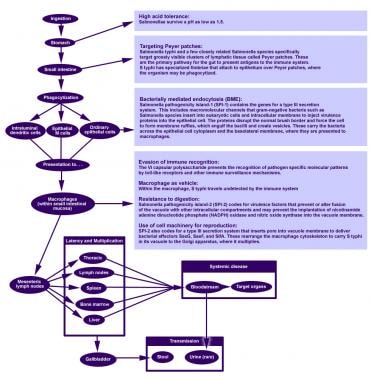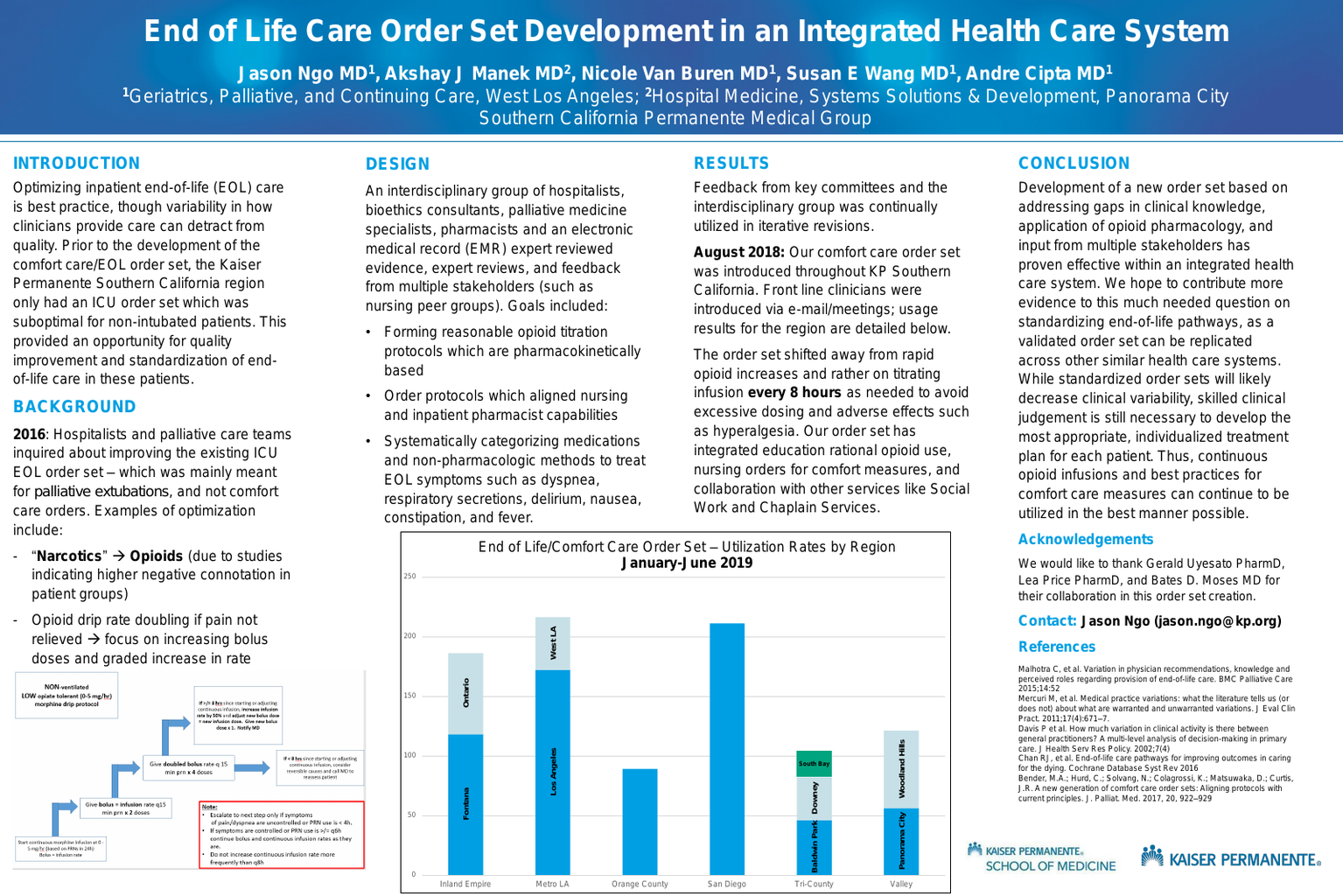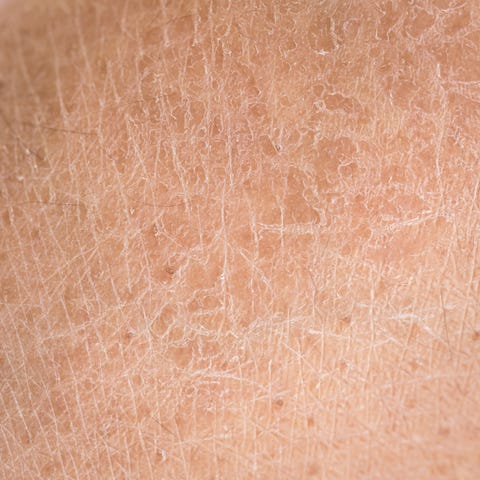A low grade temp is one of the signs you expect to see in a dying patient. The end-of-life signs and symptoms above are just guides to help you understand what is common.
 Typhoid Fever Background Pathophysiology Epidemiology
Typhoid Fever Background Pathophysiology Epidemiology
In my experience definitely yes.

End of life fever. Concerning medication 95 received opioids. Physical changes are likely to happen when youre dying. This can last hours or days.
At the end of life you can expect the following physical changes to occur. The decision whether to sedate a patient at the end of life is a hard one. Fever Cause Infection Hypothalamic dysfunction Medication induced Inflammation Aspiration pneumonitis Cancer DVTPE Barone Fever.
End-stage wet respirations more commonly referred to as the death rattle can occur at the very end of life when a patient is going through the dying process. These changes usually herald death within hours to days. When death does occur the skin turns to a waxen pallor as the blood settles.
There is less desire to talk. Periods of rapid breathing and no breathing coughing or noisy breaths. The skin of their knees feet and hands may become purplish pale grey and blotchy.
A drop in blood pressure. A patients thoughts and feelings about end-of-life sedation may depend greatly on his or her own culture and beliefs. The death rattle is a symptom that can prove very distressing to a dying patients family members friends and loved ones even if its not necessarily distressing to the patient him.
Some patients who become anxious facing the end of life may want to be. Skin changing color or becoming blotchy. Fever at the End of Life - COVID vs.
Palliative Care for Late-Stage Illness. Fever Near the End-of-Life. The body temperature changes frequently.
A cold slightly grayish nose. Our study demonstrates that the end of life in patients with glioblastoma has several periods with different clinical aspects with respect to symptoms and treatment. Timeline for end-of-life changes.
If shes still able to communicate with you she might mention that shes feeling cooler and then warmer. Introduction Clinically significant fever is defined as an increase in body temperature generally 385C in conjunction with an elevation of the hypothalamic set point. If playback doesnt.
Decreased appetite and intake of fluids. In the last phase symptoms from brain edema fever decrease of vigilance dysphagia and pneumonia were the prominent clinical features. One to Three Months Decreased desire for food Increased desire for.
These are not signs of a medical emergency but pieces of a natural process. The most frequent signs and symptoms in the last 10 days before death were decrease in level of consciousness 95 fever 88 dysphagia 65 seizures 65 and headache 33. These happen to most people during the terminal dying phase whatever condition or illness they have.
Withdrawal from the External World As the end of life approaches there is a feeling of detachment from the physical world and a loss of interest in things formerly found pleasurable. FEVER NEAR THE END OF LIFE Mallory Strickland BS and Erica Stovsky MD Introduction Clinically significant fever is defined as an increase in body temperature generally 385C in conjunction with an elevation of the hypothalamic set point. Pain is one of the most feared symptoms at the end of life.
There was a high need for nonsteroidal anti-inflammatory drugs 77 and anticonvulsants 75. Sedation may be considered for a patients comfort or for a physical condition such as uncontrolled pain. Some common symptoms those a few days from death experience include.
With this in mind the following summary might be helpful. Hyperthermia is an uncontrolled elevation in body temperature without. Feb 20 2010.
Palliative sedation may be temporary. Of course most low-grade temps are not the result of dying but youll eventually learn to see the signs of dying at a glance. Normal Dying - YouTube.
Some illnesses like cancer tend to lead to more pain than others. There is a tendency to sleep more. Temperature Changes at the End of Life By Kate Gorinshteyn on Friday February 22 2019 As your senior nears the end of her life her body temperature may be fluctuating more than usual.
Hyperthermia is an uncontrolled. Fever at the End of Life - COVID vs.










